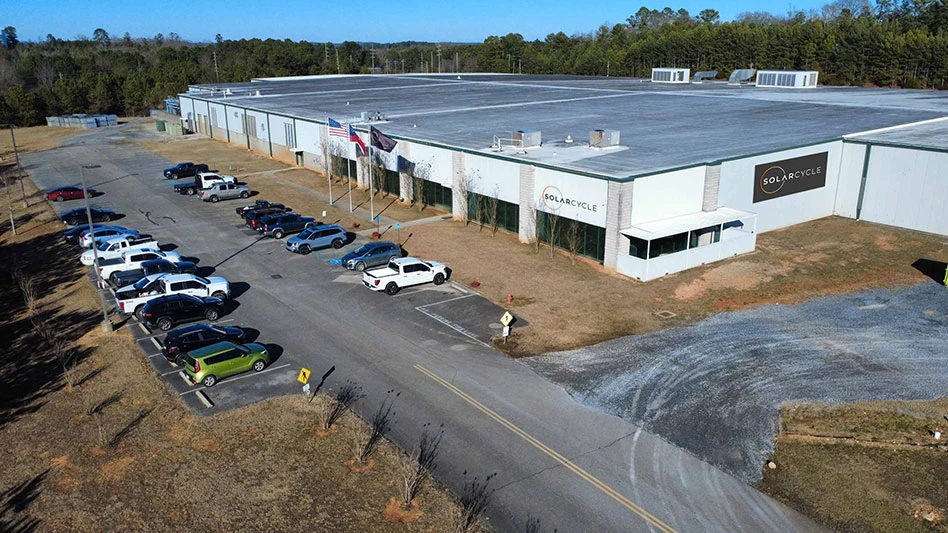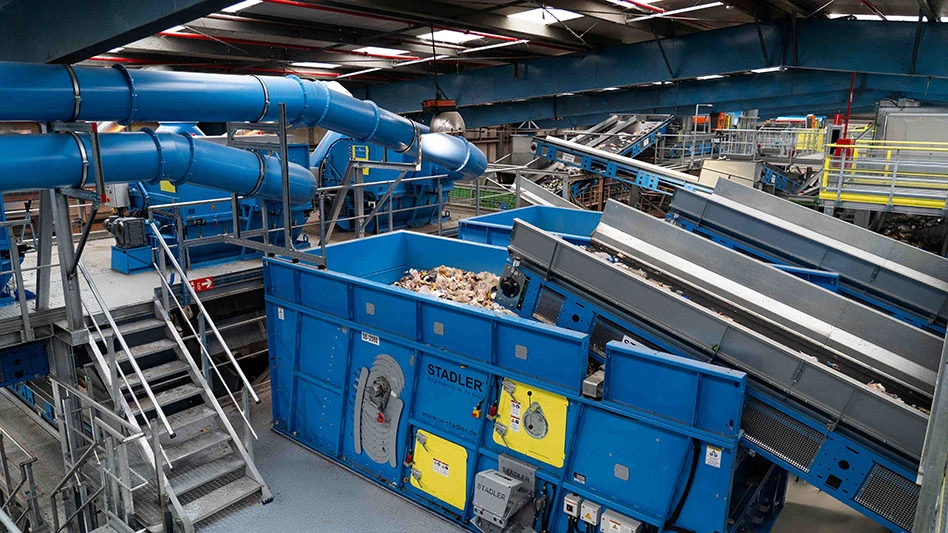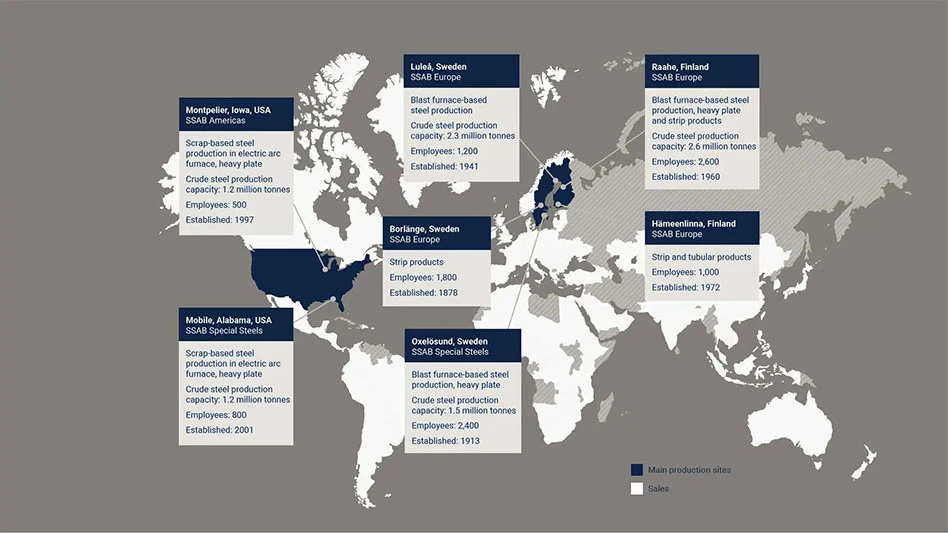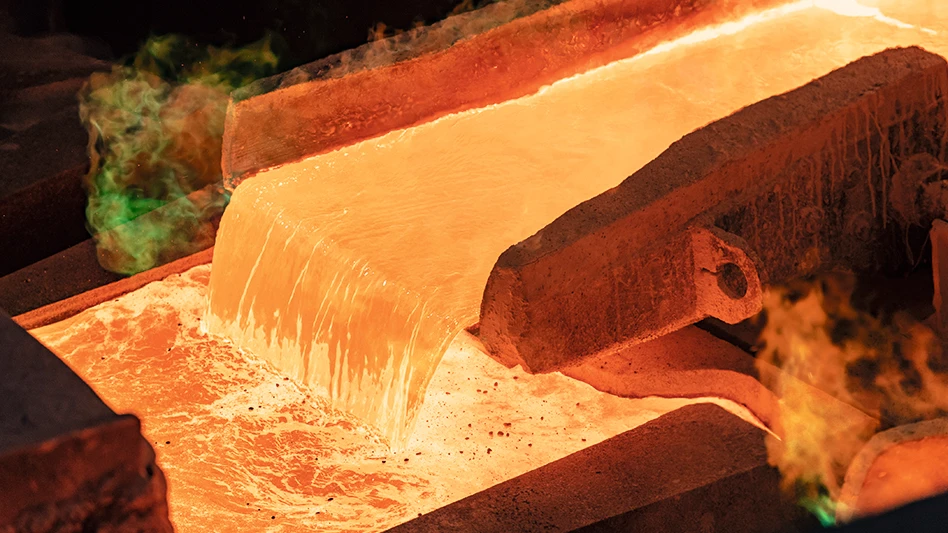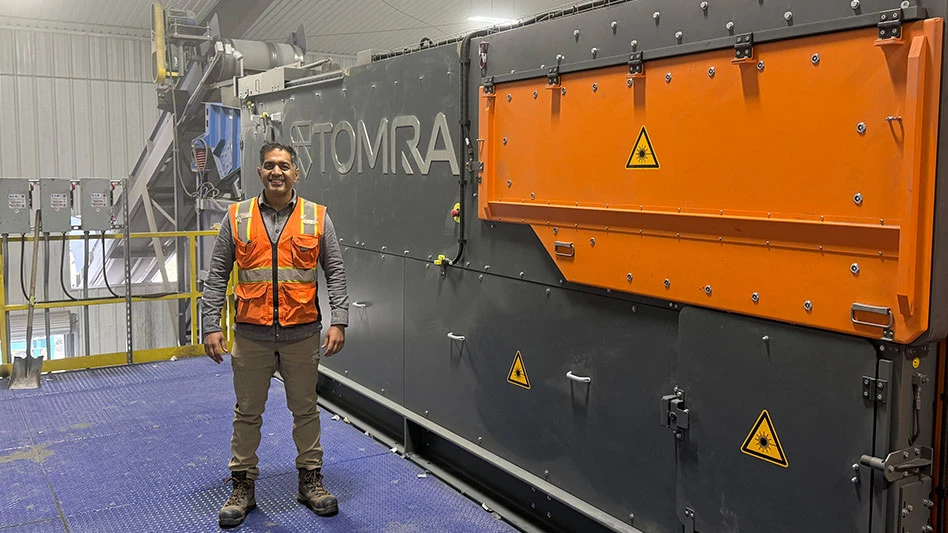
Photo courtesy of Ferrous Processing & Trading
Cleveland-Cliffs has started the new year with a presentation to investors that expresses confidence in the array of acquisitions it has made to provide it with a vertical position in the North American steel industry.
In the presentation, the Cleveland-based firm describes itself as the “largest supplier of steel to the automotive industry in North America” and as being “fully integrated from iron ore pellets, direct reduced iron and ferrous scrap to primary steelmaking and downstream coating, stamping, tooling and tubing.”
The company says it experienced tenfold revenue growth from $2 billion in 2019 to $20 billion in 2021. It lists its acquisition of AK Steel in 2020 and of mills from ArcelorMittal later the same year as “transformational acquisitions.” Cleveland-Cliffs also acquired sizable scrap firm Ferrous Processing & Trading (FPT) in 2021.
Prior to its buying spree, Cleveland-Cliffs was predominantly in the iron mining and iron processing sectors. By the end of 2021, it was capable of shipping 15.9 million tons of steel annually, according to the firm.
Cleveland-Cliffs operates six blast furnace/basic oxygen furnace (BOF) mills (two in Indiana, two in Ohio and one each in Illinois and Michigan) and four electric arc furnace (EAF) mills (one in Ohio and three in Pennsylvania; the Ohio mill and one in Pennsylvania make stainless steel).
The company’s steelmaking capacity is diverse, according to a breakdown offered by Cleveland-Cliffs. While 33 percent of its steel is coated rolls and another 29 percent is hot-rolled, the company also produces cold-rolled and plate steel, steel slabs, steel rails, electrical steel and stainless steel.
The firm says its end markets include the automotive, appliance, energy, construction, machinery, military and packaging sectors.
On the recycling front, Cleveland-Cliffs says approximately half of the ferrous scrap handled at its Detroit-based FPT subsidiary is prime scrap. FPT has “several existing scrap offtake arrangements with OEMs,” Cleveland-Cliffs says, and since FPT was acquired by Cleveland-Cliffs it has increased those offtake arrangements with original equipment makers by 400,000 tons annually, according to the steelmaker.
On a map of companywide operations in the investor presentation, FPT operations in the Great Lakes region and in Tennessee are marked, but not the three FPT yards in South Florida or the one in Mexico.
In the presentation’s characterization of the ferrous scrap market, it refers to obsolete scrap as having high residual and impurity levels and as being most suitable to make rebar. It refers to prime scrap as “critical for flat-rolled steel production” since that steel product requires “low-residual, prime metallics as feedstock.
Cleveland-Cliffs portrays prime scrap supplies in the United States as having decreased drastically since 1970, primarily because of the offshoring of manufacturing and attention to reducing offcuts in remaining factories. The steelmaker predicts annual demand for prime scrap in North America, however, will increase by more than 40 percent by 2025.
Latest from Recycling Today
- Flexible Film Recycling Alliance report outlines progress
- RERF opens Avagliano award nominations
- Eriez expands European sales network
- Gränges increases sales volume in 2025
- Aduro selects Netherlands as site for industrial scale-up facility
- Nasco-Op declares dividend
- Cyclic Materials announces plans for South Carolina campus
- WM reports revenue, earnings growth in Q4 and full-year 2025
